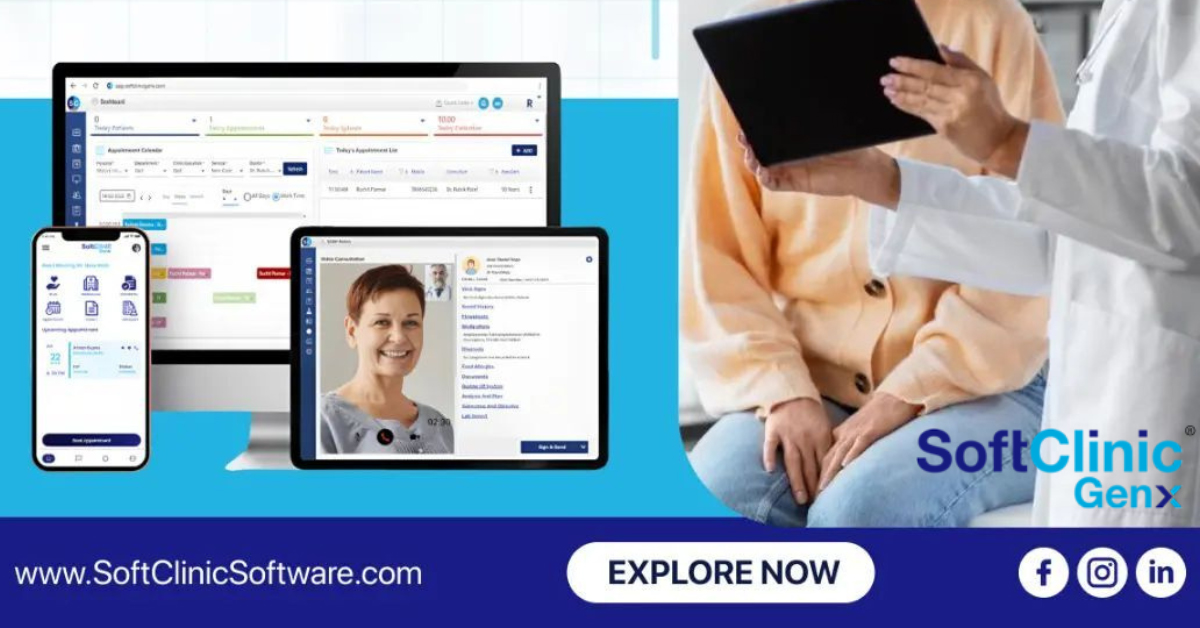Exploring the Impact of Comprehensive Healthcare IT Solutions on Modern Medical Practices
October 9, 2025Have you ever wondered how healthcare facilities manage the vast array of tasks they encounter daily? From appointment scheduling to managing patient records and handling billing, the complexity of operations can be immense. But thanks to advancements in technology, specifically through comprehensive healthcare IT solutions like Hospital Management Software and Clinic Management Software, these daunting tasks are streamlined, making healthcare delivery more efficient and effective.
Why Choose an Integrated Healthcare IT Solution?
Integrated healthcare IT solutions encompass various modules such as Electronic Health Records (EHR), Practice Management Software, and Appointment Scheduling systems. These components work cohesively to enhance both Out-Patient and In-Patient Management. By adopting such systems, healthcare facilities can experience:
- Enhanced coordination between different departments
- Improved patient care through quick access to Patient Records Management
- Efficient Medical Billing and Claims Management, reducing financial discrepancies
Key Features of Effective Hospital Management Software
Hospital Management Software (HMS) is specifically designed to cater to the complex needs of hospitals by supporting various hospital departments. Here are some critical features that make HMS an indispensable tool:
- Lab and Pharmacy Integration: Ensures seamless communication between healthcare practitioners and pharmacy or lab services.
- Revenue and Reporting Analytics: Provides essential insights into financial performance and operational effectiveness.
Case Study: Success Through Digital Transformation
A mid-sized healthcare facility recently implemented an advanced Clinic Management Software, seeing significant improvements in their operations. They reported a 30% decrease in administrative costs and a 25% increase in patient satisfaction. By leveraging features like EMR (Electronic Medical Records) and robust appointment scheduling, the clinic has set a benchmark for others in the healthcare sector.
According to the World Health Organization (WHO), integrating digital health tools into healthcare services not only improves service delivery but also enhances the quality of healthcare and disease surveillance.
FAQs
Q: What is the difference between EHR and EMR?
A: EHR (Electronic Health Records) refers to the systematized collection of patient and population electronically-stored health information in a digital format. These records can be shared across different healthcare settings. EMR (Electronic Medical Records) are the digital version of paper charts in clinician offices, clinics, and hospitals.
Q: How does Clinic Management Software improve patient care?
A: It improves care by ensuring that critical patient information is available to clinicians in real time. This facilitates more accurate diagnoses, faster and safer treatments, and improves the ability to follow-up on patients.
Q: Can Hospital Management Software integrate with existing systems?
A: Yes, most modern Hospital Management Systems are designed to seamlessly integrate with existing healthcare IT infrastructure, allowing for a smoother transition and less disruption to daily operations.
